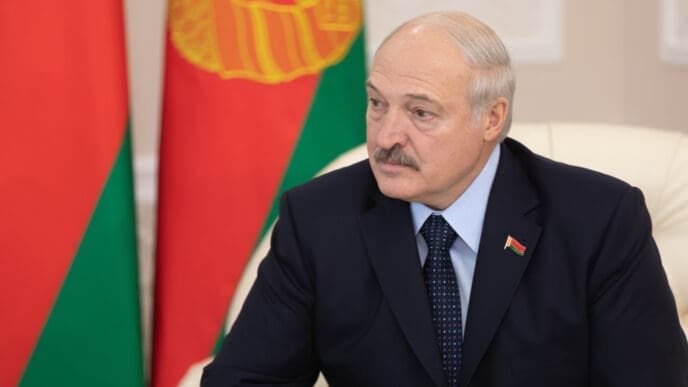President Joe Biden is embarking on a significant visit to Africa this week, aiming to draw attention to a U.S.-endorsed railway initiative spanning three countries. This visit marks his first to the continent as president, showcasing a strategic approach to rival China’s growing influence in the region.
Biden’s journey to Africa comes at a time when the continent is pivotal in the global competition for critical minerals. The Lobito Corridor railway project, extending through Zambia, Congo, and Angola, is central to Biden’s strategy. This infrastructure venture seeks to enhance U.S. involvement in Africa, a continent rich with essential minerals for modern technologies, challenging China’s dominant position in this arena.
The project is notably poised as an element of the Biden administration’s broader initiative, often compared to China’s Belt and Road infrastructure agenda. With a distance of 800 miles and a budget of $2.5 billion, the railway redevelopment signifies a substantive U.S. effort to deepen ties with African nations. The outcome, however, may depend on the future administration of Donald Trump, given Biden’s impending departure from office.
Despite the delayed commencement of this visit due to Hurricane Milton, it underscores Biden’s commitment to strengthening relations with Africa, a region often perceived as lower on the U.S. priority list. Notably, the previous U.S. presidential visit to Africa was by Barack Obama in 2015, indicating a long lapse in such diplomatic engagements.
U.S. investment in the Lobito Corridor includes hundreds of millions of dollars, shared with contributions from the European Union and the Group of Seven nations. This collaborative financial input aims to exemplify a Western alternative to Chinese-backed projects. Observers, like Tom Sheehy from the United States Institute of Peace, highlight the project’s potential impact, suggesting it could be a blueprint for future global infrastructure partnerships.
Biden’s visit also aims to address other collaborative opportunities beyond the railway. Announcements regarding advancements in health, agribusiness, and security cooperation are anticipated during his stay in Angola. These initiatives highlight the evolving U.S.-Angola relationship, shifting from past conflicts to a partnership focused on regional stability and development.
The railway project’s success is seen as a critical measure of U.S. diplomatic progress and ability to counter Chinese influence. This is particularly significant as Congo holds over 70% of the world’s cobalt reserves, a mineral largely funneled to China, reinforcing its supply chain dominance.
Biden’s visit draws attention to the importance of consistent U.S. engagement with Africa, a sentiment echoed by African political analysts who observe that China’s regular summits with African leaders starkly contrast with the U.S.’s less frequent meetings. Analysts, including Witney Schniedman from the Brookings Institution, argue that sustained U.S. presence is necessary to genuinely engage with Africa, beyond merely opposing China’s influence.
However, Biden’s visit is not without controversy. Angola has faced criticism from international rights groups over its government’s authoritarian tendencies. These concerns create a complex backdrop for Biden’s diplomatic efforts, highlighting the challenges of upholding value-based diplomacy in regions with differing political landscapes.
Biden’s African tour serves as a crucial step in reshaping U.S. relations with the continent, aiming to establish a firm foothold in regions dominated by Chinese influence. While the Lobito Corridor is a pivotal part of this strategy, broader and more sustained engagement will be necessary to navigate the intricate dynamics of U.S.-Africa relations effectively.
Source: Apnews














